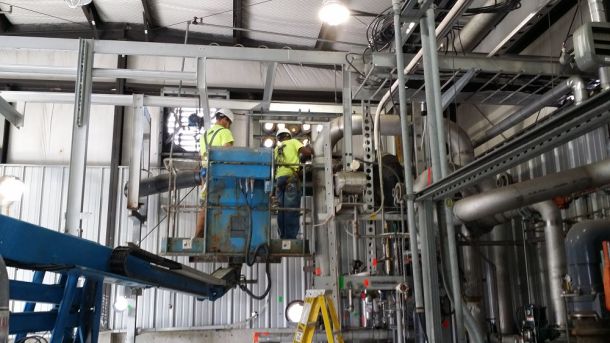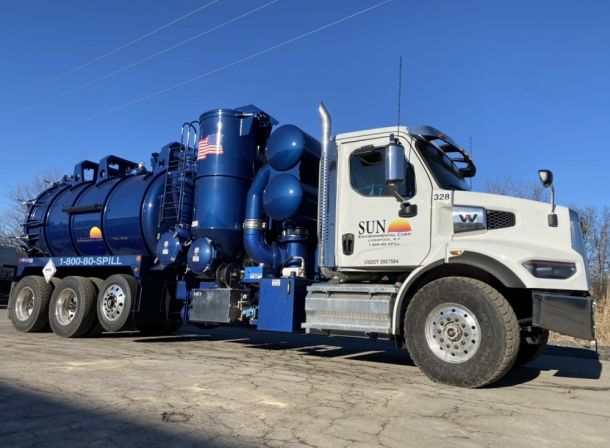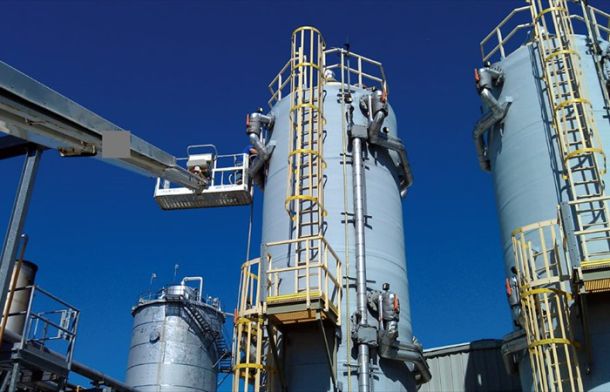
Navigating Environmental Challenges: The Importance of Fuel Spill Response
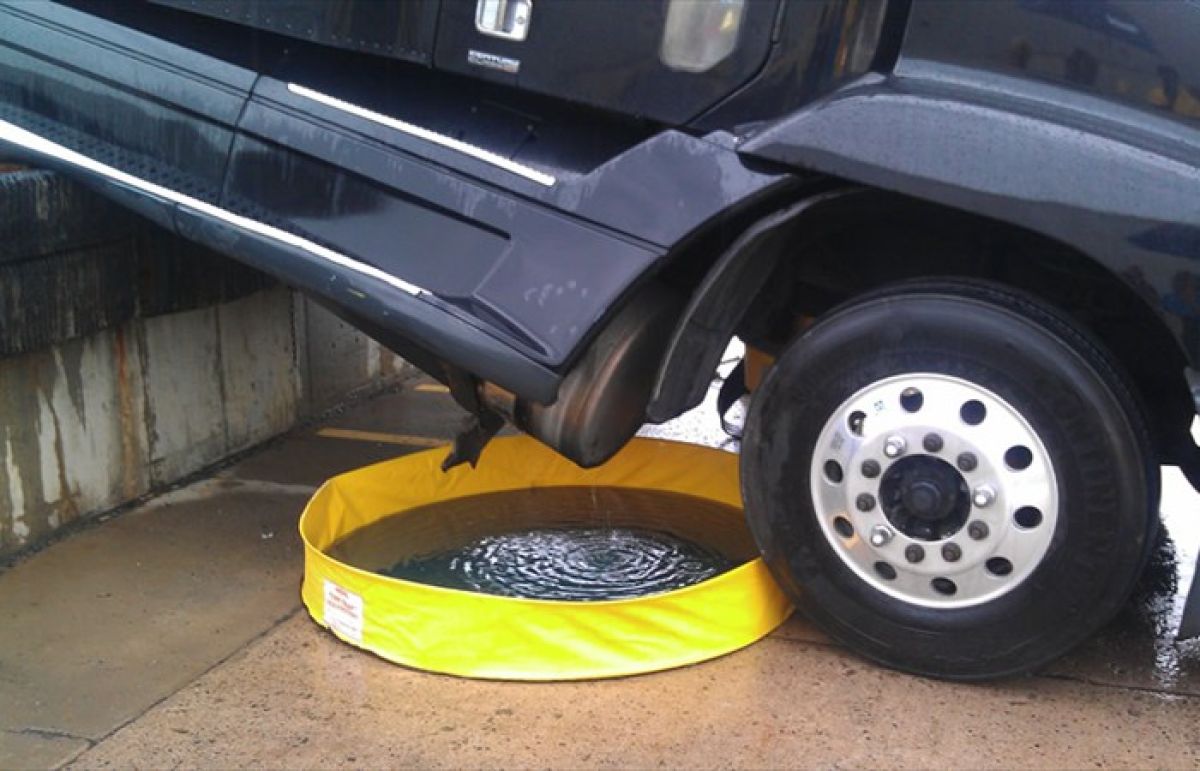


Fuel spills pose significant environmental, health, and economic risks, demanding swift and effective response measures to mitigate their impact. Whether occurring during transportation, storage, or industrial operations, fuel spills necessitate a coordinated and proactive approach to containment, cleanup, and remediation.
The repercussions of fuel spills extend far beyond the immediate vicinity, underscoring the urgency of prompt response actions. Environmental contamination can infiltrate soil, waterways, and groundwater, endangering ecosystems and compromising water quality. Moreover, the release of toxic chemicals and volatile organic compounds poses health hazards to wildlife and humans alike, underscoring the imperative for rapid intervention.
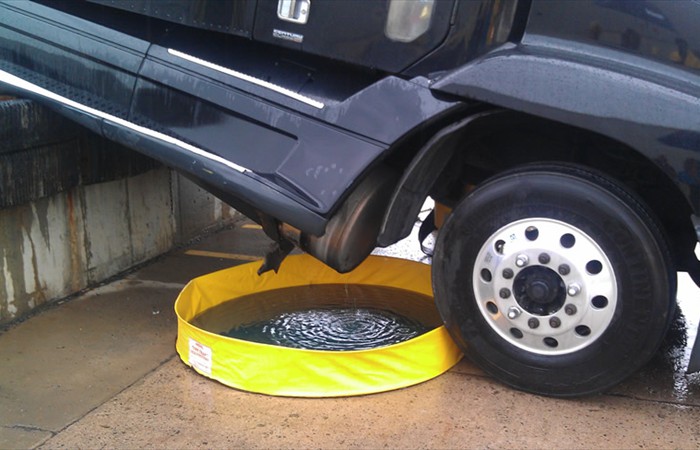
Central to fuel spill response is the principle of containment to prevent the spread of pollutants and minimize their environmental footprint. Deploying physical barriers, such as absorbent booms and spill kits, helps to confine the spillage and limit its dispersal. Additionally, swift action to isolate the source of the spill and stem the flow of fuel is essential in containing the situation and averting further escalation.
Once containment measures are in place, the focus shifts to cleanup and remediation efforts aimed at restoring affected areas to their pre-spill condition. Specialized equipment, such as vacuum trucks and skimmers, facilitate the removal of fuel residues from water surfaces, while absorbents and sorbents aid in the cleanup of contaminated soil and shoreline habitats. Throughout the cleanup process, environmental monitoring plays a crucial role in assessing the efficacy of remedial actions and ensuring compliance with regulatory standards.



